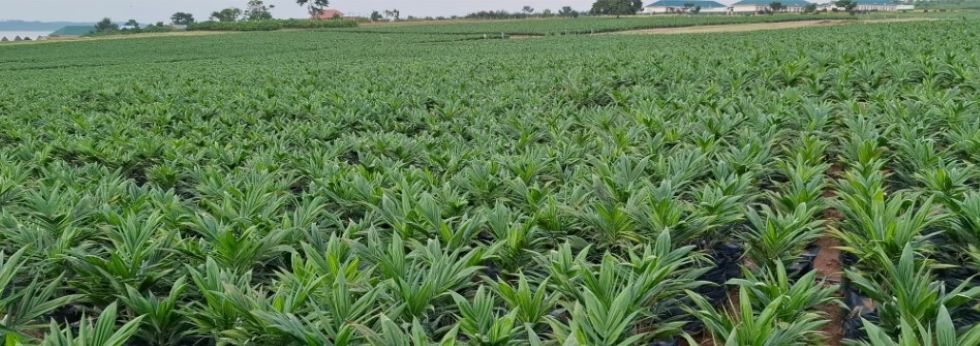
The oil palm project on Buvuma Island has made significant strides, with 2,500 hectares of oil palm trees already planted. The government plans to expand the project to 5,000 hectares, but land compensation issues have caused delays.
Despite these challenges, the project has had a profound impact on the local economy, benefiting the 53 islands in the district. Household incomes have increased, local revenue taxes have improved, and employment opportunities have been created for youth and women.

The project’s management has demonstrated a strong commitment to corporate social responsibility, contributing to the construction of a modern ferry and lending equipment to the district to maintain roads. These initiatives have not only improved the quality of life for locals but also attracted tourists, boosting the local economy.
Crime rates have decreased significantly, thanks to increased security and the engagement of youth in income-generating activities. According to Sserunjogi Wilson, Senior Assistant CAO and Project Coordinator, “The key to successful oil palm cultivation lies in having land near a reliable water source, sufficient sunshine, fertilizers, and expert guidance.”
Wilson outlined the investment potential of oil palm cultivation, stating, “In one acre, you can plant 60 palm trees, which requires an initial investment of UGX 1.2 million. During the harvest season, you can earn between UGX 6-7 million. Additionally, the trees suppress weeds, reducing weeding costs.”
The Buvuma Island oil palm project serves as a model for sustainable economic growth and development, demonstrating the potential for agriculture to transform local economies and improve livelihoods.

